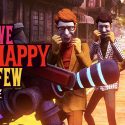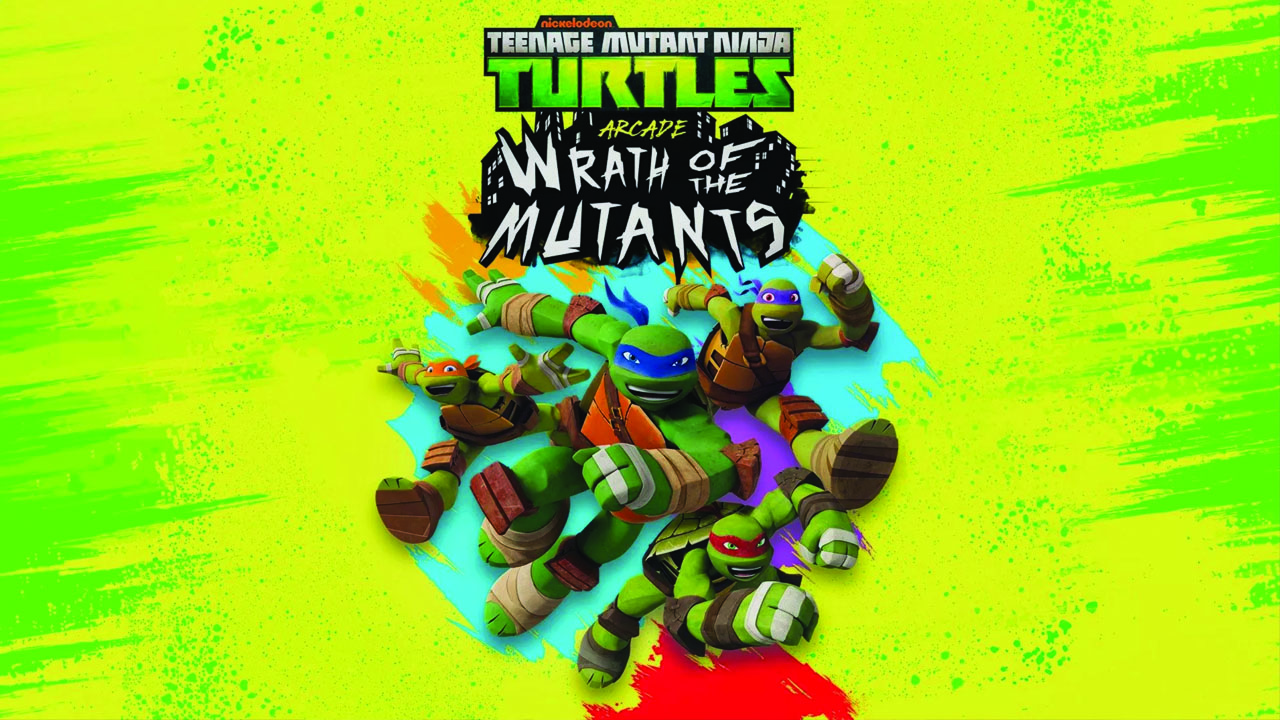We Happy Few is a strange, wild ride filled with drugs, violence, and more drugs. This first-person roleplaying game combines survivalist aspects with a sandbox approach to bring you a warped dystopian reality. In the spirit of historical revisionism, the game begins in 1960’s England in which Germany defeats England; taking the children inexplicably and leaving the rest to drown in a drug-induced hallucination of a happy society. The game offers three main characters, Arthur, Sally, and Ollie, each trying to find their way out of the hazy, amoral nightmare that is Wellington Wells.
In essence, users start the game as a regular office worker whose memory is triggered by a news story that he was meant to redact. Arthur begins his fight to regain his freedom after choosing to throw out his “Joy”, a drug that blocks memory and causes hallucinations of a perfect society. The remainder of the game is spent running from Bobbies, recovering memories, chugging drugs, and plotting your escape.
We Happy Few is widely recognized for two points: the secret excellence of the storyline and the real-life anxiety creators wanted users to feel playing. Although the beginning of the game lives up to both, the ‘Joy’ of the game fades quickly.
The intrigue of the plotline is fleeting as the recovered memories become repetitive and the answers to “why” become more obvious. Sadly, the challenge of safely following the rules quickly fades into frustration due to monotonous gameplay.
Conceptually, the idea of a sandbox-style world sprinkled with dirty cop bashing, theft-based survivalism, and excessive drug consumption sounds amazing. There’s a variety in the drugs you can take, each with hilarious and short-lived effects, but the novelty fades from amusing to exhausting then to outright infuriating. Players will find themselves spending inordinate amounts of time running or hiding, causing even the most basic quests to take far too long. Coupled with randomly slow load times, the game mechanics actually discourage long-term play.
Ultimately, the predominate flaw in the game comes down to the quests. The majority of the quests are extremely unsatisfying, often resulting in little more than delivering an object in exchange for plot progress. Players spend hours sneaking through cities, drugging and overdosing repeatedly for mundane tasks. The maps are large, maze-like neighborhoods that barely connect with lots of wasted map space. This design makes navigating unpleasant, further contributing to disappointment in the quests. The skill tree is equally disappointing, your character simply advances in mostly rudimentary ways with nothing to excite or motivate.
I give We Happy Few a 5. The dialogue and side plots are extremely British and extremely amusing, offering a few hilarious scenarios to help spice up the lack of variety in NPCs. I also enjoyed the survivalist aspect of the game, adding a needed challenge to an overall bland gameplay. Alas, the game simply has too many problems. It’s hard to criticize a game development team that created narrative based primarily on years of user feedback but it genuinely fell short. When it comes down to it, We Happy Few is a really cool story idea trapped inside perplexing game mechanics.





